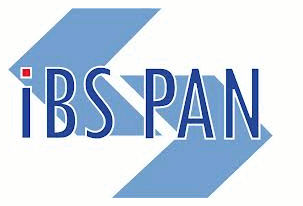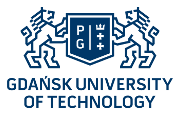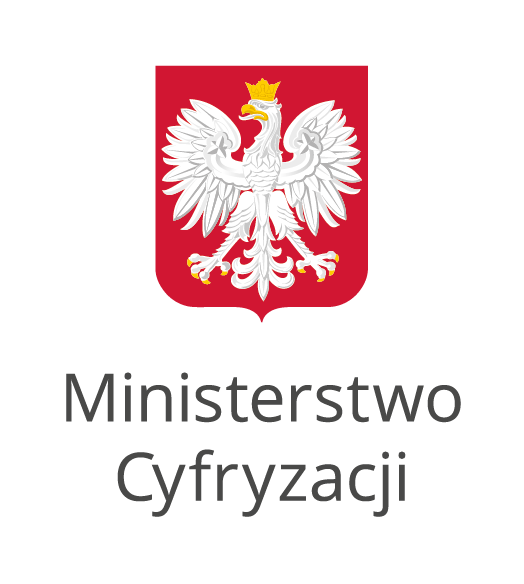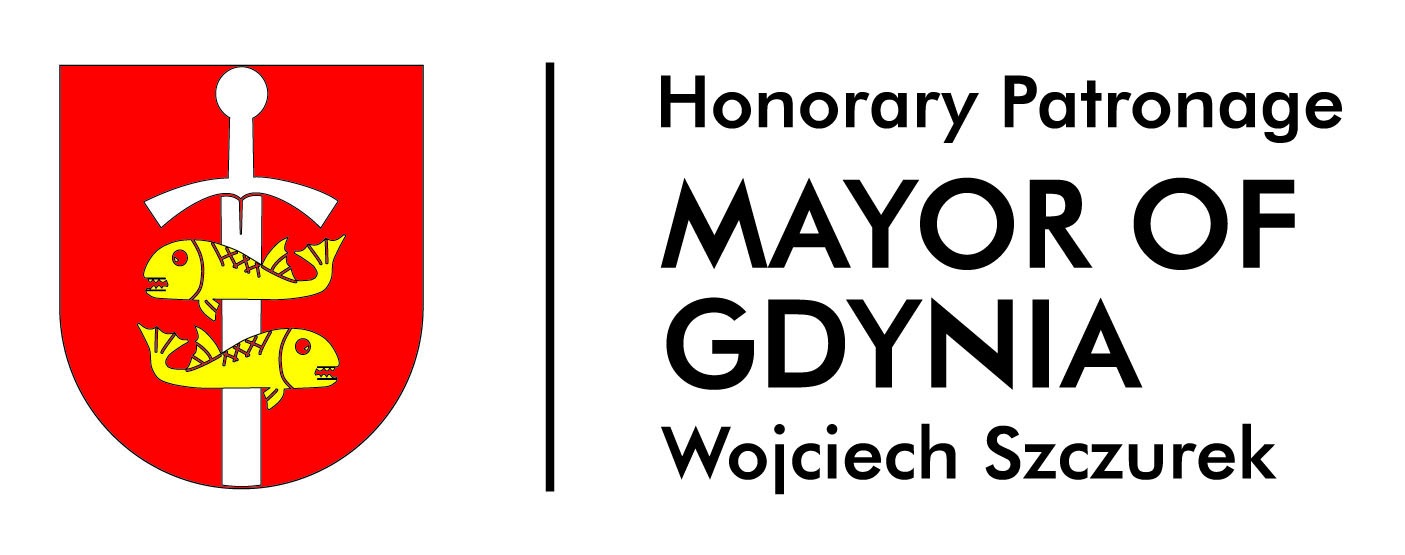International Fuzzy Systems Association Award for Young Scientist
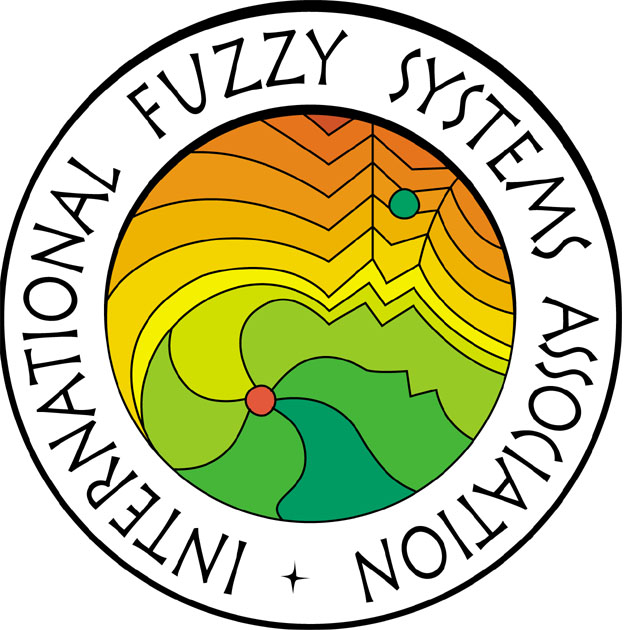 In 2009-2015 the International Fuzzy Systems Association (IFSA) gave an Award for Young Scientist, presented during the “Advances in Artificial Intelligence and Applications (AAIA)” Symposium.
In 2009-2015 the International Fuzzy Systems Association (IFSA) gave an Award for Young Scientist, presented during the “Advances in Artificial Intelligence and Applications (AAIA)” Symposium.
The IFSA awards and distinctions were presented to:
2015
Awards:
- Marcin Michalak, Marek Sikora, Łukasz Wróbel for the paper: Rule Quality Measures Settings in a Sequential Covering Rule Induction Algorithm – an Empirical Approach
2014
Awards:
- Andrzej Janusz, Sebastian Stawicki, Hung Song Nguyen for the paper: Adaptive Learning for Improving Semantic Tagging of Scientific Articles
2013
Awards:
- Katarzyna Kaczmarek for the paper: Linguistic knowledge about temporal data in Bayesian linear regression model to support forecasting of time series
- Alex Tormási for the paper: Fuzzy-Based Multi-Stroke Character Recognizer
2012
Awards:
- Juan Carlos Figueroa-García for the paper : An approximation method for Type Reduction of an Interval Type-2 Fuzzy Set based on a-cuts
- Cristiano Nattero, Massimo Paolucci, Davide Anghinolfi, Fulvio Mastrogiovanni and Giorgio Cannata for the paper : Experimental Analysis of Different Pheromone Structures in an Ant Colony Optimization Algorithm in Robotic Skin Design
2010
Awards:
- Mari-Sanna Paukkeri, Alberto Perez Garcia-Plaza,Sini Pessala, Timo Honkela: Learning taxonomic relations from a set of text documents
Distinctions:
-
Bartosz Broda, Wojciech Mazur: Evaluation of Clustering Algorithms for Polish Word Sense Disambiguation
- Alena Lukasova, Marek Vajgl, Martin Žáček: Reasoning in RDFgraphic formal system with quantifiers
2009
Awards:
-
Mateusz Kobos: Combination of Independent Kernel Density Estimators in Classification
- Michal Stanek, Bartosz Broda, Halina Kwasnicka, Mariusz Paradowski: MAGMA – Efficient Method for Image Annotation in Low Dimensional Feature Space Based on Multivariate Gaussian Models
Distinctions:
-
Tomasz Ignac, Uli Sorger: Functions on Probabilistic Graphical Models
- Tomasz Gambin, Krzysztof Walczak: Classification based on the highest impact jumping emerging patterns


